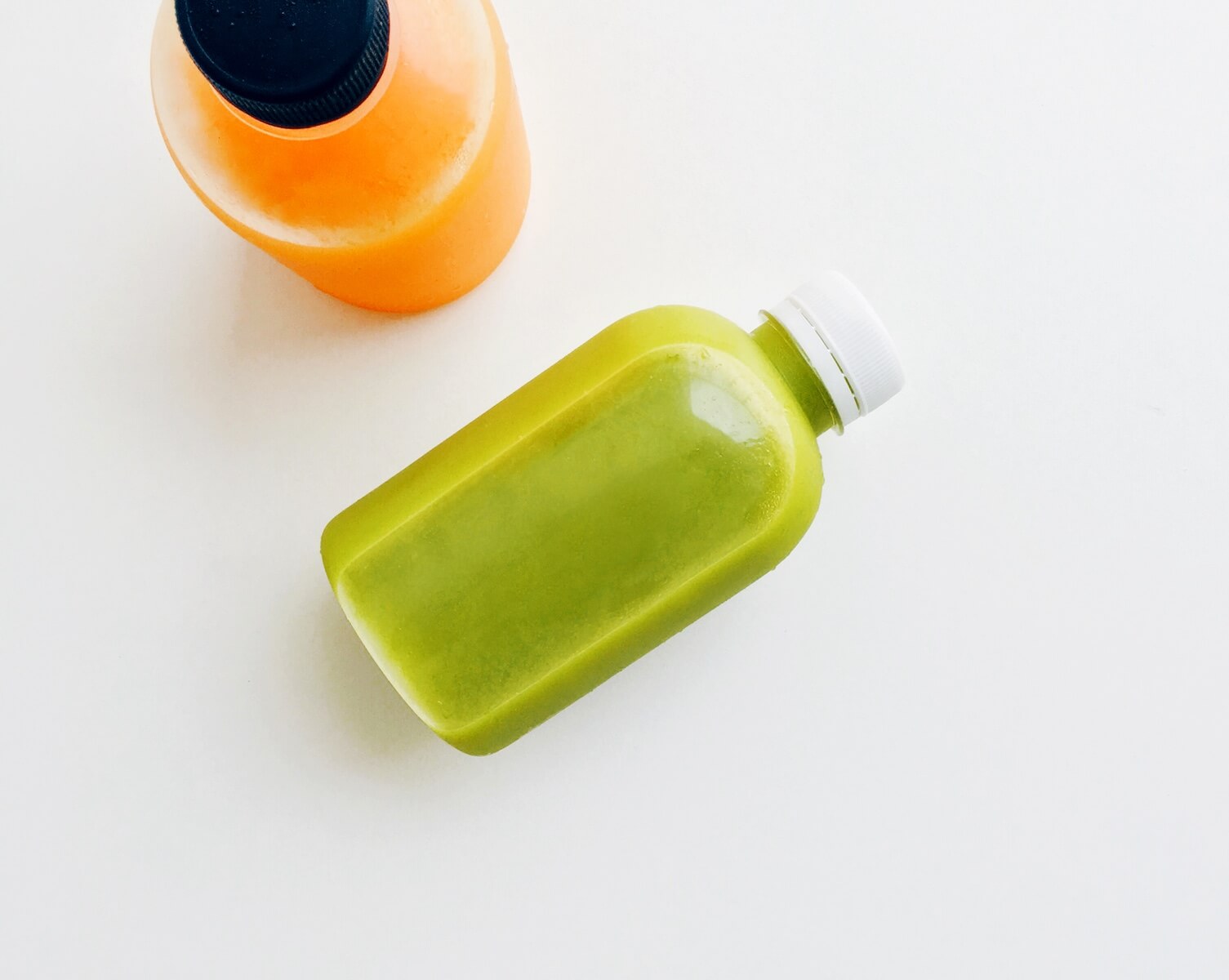Beverage Producer Client Returns to Optimal Profit
A fourth-generation Organic Juice Beverage products manufacturer with a market value of $60 million had a long-standing reputation of serving institutional, specialty, and large grocery customers. However, despite its profitability, recent ownership restructuring and financing negotiations led to a noticeable decline in net income. In response to these challenges, the company sought to identify areas of inefficiency and underperformance, prompting a strategic initiative for improvement.
Key Points
- Profitable But Inefficient: Despite its profitability, the company was underperforming and considered inefficient by leadership, as indicated by feedback from various consultants.
- Rising Costs and Quality Defects: The company faced increased costs attributed to quality defects, mechanical failures, and a customer-required change from 12 units per case to 6 units per case.
- Labor-Intensive Repack Process: A labor-intensive 3-phase, 2-million-bottle repack effort was in place, which was inefficient and interfered with new production, yielding only 2 pallets per hour compared to the desired 12.
- Unplanned Downtime: Frequent unplanned line stoppages resulted in the loss of 13 hours of production time and 94,000 bottles per month.
- Maintenance Challenges: The company employed a reactive “Fire Alarm” approach to machine maintenance, resulting in a high number of repeat failures.

73%
Reduction
In unplanned downtime.
12%
Overall Increase
In uptime.
3 million
Revenue Boost
Tangible gains.
Solutions
- Implementing Quick Response Teams (QRT): The company enlisted Lean Resources to establish Quick Response Teams (QRT) with the goal of embedding fundamental business principles and improving profitability through enhanced quality and uptime.
- Customer Repack Optimization: A cross-functional team was formed to define an effective and efficient Return/Repack layout, process, and schedule. Standard Work, Quality Alerts, and Visual Aids were introduced to support the training of temporary workers.
- Quality Improvement: Lean Resources developed a Quality Alert System, complete with a standardized complaint handling process, defect codes, and visual alerts to promptly capture and communicate customer-reported defects.
- Maintenance Enhancement: A new Equipment Reliability Program featured equipment improvement roadmaps, downtime recording, root-cause analysis, Preventive Maintenance, and a Maintenance Management System. This comprehensive approach aimed to restore equipment to OEM condition, address and prevent chronic failures, and enhance overall reliability.
Results
- Customer Repack Efficiency: Through these initiatives, the company achieved a remarkable 300% increase in throughput, reducing the total repack duration from approximately 2000 hours to around 700 hours.
- Dramatic Downtime Reduction: The focus on maintenance and reliability efforts resulted in a significant 73% reduction in unplanned downtime, leading to a 12% overall increase in uptime.
- Substantial Financial Gains: These improvements translated into tangible gains, with an annual increase of 816,000 bottles produced and a substantial revenue boost of $3 million.
The company’s strategic approach to address inefficiencies and quality issues through a combination of operational enhancements and maintenance improvements yielded impressive results, ultimately revitalizing its profitability and market standing.
